Many people fall into the pitfalls of trading when they first start.
For example, some people like to focus solely on the fundamentals and follow the news blindly, not realizing that the level of information you can see is too low, and it's all what others want you to see. By the time you catch up, it's already too late.
Some people like to use indicators to predict the market, blindly believe in magical trading techniques, and want to find the holy grail of trading.
There are also many people who have seen the myths of others' trading and imagine that they can also make thousands of times with small capital, reach the peak of life, and even some people rely on fortune-telling to predict the market.I have experienced all these things.
Today, I didn't specifically write articles about stocks or gold, but I'm writing this instead, for a very simple reason: I feel it is particularly necessary. This is a dilemma faced by many friends, marking the watershed between incurring minor losses and making profits. Essentially, it is the watershed between analysis and trading. I think it's a pity for those who can't see this article.
Most retail investors in gold and stock trading are still going through a chaotic phase of significant losses. These people rely solely on others, and are even being deceived, not respecting trading principles and the principles of trading. They are not the subject of our discussion in this article, as they often go all-in with heavy positions, lock positions, and so on.
Whether it's trading gold, foreign exchange, or stocks, most friends who make progress will basically go through a phase of significant losses to gradually reducing losses. The reason for this progress is mainly due to the shift from sensory recognition to analytical understanding of the market, prices, and varieties. The cognitive perspective starts from a foundationless state and begins to understand the internal principles, operating principles, and some basic rules. In addition, from the operational perspective, they start to pay attention to some disciplines of stop-loss and position sizing.
Therefore, you will see, for example, those who trade gold, from originally not knowing anything, start to realize that gold is related to the US dollar index, need to look at data, understand the approximate daily fluctuation points of gold, and roughly understand some basic principles of technical analysis and the basic usage of some indicators. They also start to change from trading 5 lots with ten thousand US dollars to trading 0.5 lots with one hand, and begin to understand the importance of setting stop-loss orders instead of holding positions.From this, in the gold or stock market, the reality you will see is that he will not make a profit. He will go from a big loss to a small loss, or in other words, he will go from losing everything in a month to losing everything in half a year. I believe that the vast majority of people are experiencing this stage. From a big loss to a small loss, as long as there is discipline, pay attention to the discipline of stopping losses and positions, anyone can do it. This does not need to be learned, it is a matter of understanding discipline. If you do not understand, you will always be a big loss, and there is no need to discuss it further. Even the worst technology, as long as the discipline is strict, can achieve this step.
If you can go a step further and start to study some specific technical theories in the gold and stock market, or have your own unique views and methods on some indicators, the accuracy rate of analysis has been further improved, and the understanding of the market has been further deepened, the loss range mentioned above will be smaller, the loss cycle will be longer, or it will be in a long-term unstable state, losing for a period, earning for a period, and in the long run, it may be a small loss, not a loss, but it is difficult to achieve stable profits. I believe there are also countless friends in this stage.
The better place of this stage than the previous stage is the improvement of "analysis accuracy rate", that is, from the perspective of learning analysis technology, it has already walked ahead of those who do not learn. They have entered the stage of "analysis" from the perceptual understanding of the market and can draw "conclusions", and they are no longer blindly guessing the size. With the help of better trading stop-loss principles and positions, at least they will not lose a lot of money, and even in some periods, they can taste the taste of profit.
So, people in this situation still cannot make a stable profit, even if the analysis technology has reached a very high level, and the "accuracy rate" is really quite high, why can't they achieve stable profits?
I tell you an industry situation, most of the analysis practitioners in our gold analysis industry, including the traders who are advancing, actually belong to this situation. I have seen many people who are very accurate in watching the market, and the accuracy rate of analysis is very high, but most of them cannot make a stable profit.
This is the fundamental difference between analysis and trading. In the final analysis, it is whether the "analysis accuracy rate" can be "fully executed". Let me be more explicit, the analysis accuracy rate can only be called an accuracy rate when it is fully executed, otherwise it is a false proposition. Analysis can only be "technology" when it is applied to trading itself, otherwise it is just "academic". Many people will be trapped in technical analysis for their whole life, and they will be self-admiring in their own superb "analysis accuracy rate", and they will gain nothing on the account surface, or even lose money for their whole life. There are many such traders in our industry, and more than 90% is not an exaggeration.To be more specific, apart from the fact that stop-loss is a manifestation of execution in trading, what is the most important factor that truly affects the execution of "analysis accuracy"?
Let me tell you, first of all, it is whether you have done it or not. Often, whether you have done it is more important than how you have done it.
Secondly, it is the courage to take profits. Persisting in taking profits is a hundred times more difficult than persisting in stop-loss, and I believe many people will support my statement—firmly achieving the goal is always a hundred times more difficult than stopping halfway.Thirdly, allow your trading system to be imperfect. Believe that every technique has its merits. In trading, your goal is not to be all-encompassing, but to fully utilize the highlights and advantages of your technique. Do not think that seemingly profound techniques are superior.
I will now specifically explain why.
Firstly, doing something often matters more than how it is done.
Having studied the analysis and technical analysis skills of the gold and stock market for a long time, and even having reached a high level of proficiency, if your purpose is to write a book, teach, or purely research, it is understandable. However, if the ultimate goal is trading, learning without doing will not lead to real progress in trading.
The technical analysis you have learned should first be brave enough to "independently draw conclusions". Based on these conclusions, you should develop a "trading plan". Finally, you must implement the plan on the trading platform, gain sufficient trading experience and samples. Only then can you inspect your trading system, organize and optimize it, and thus further improve your technical understanding to better guide trading.Analyze ten times, get it right nine times, and get it wrong once. If you only do the one wrong time and skip the other nine, what you've learned is merely academic, not practical skills. You cannot progress further, and your conclusions do not have the opportunity to be substantiated in actual trading.
There is also another situation, for example, trading gold. I analyzed ten times and was right ten times, but I only observed without trading, with the purpose of verifying the accuracy of the technique. You might ask if that's acceptable. I tell you, observing can be addictive, and this approach is useless. You will still not be able to trade well because you have not experienced the psychological stimulation of "floating profits and losses." All your conclusions remain verified only in terms of "analysis accuracy," not in "trading." When you actually trade, the results will be entirely different.
Secondly, adhere to taking profits.
Analyze ten times, get it right seven times, and get it wrong three times. You take profits after earning ten points in the nine correct times and strictly stop losses in the three wrong times, but the stop loss is 40 points. This approach also cannot achieve long-term stable profits because it overly relies on accuracy, and the profit and loss ratio is very poor. I believe many friends have experienced this because you might be one of them. You cannot hold positions because you find it difficult to face not only "floating losses" but also "floating profits."
Let me tell you a truth: "Profit is about earning more than losing, not about the number of correct predictions being more than the number of wrong ones." This is the essence of profit. The implementation of accuracy rate, first of all, requires action. Secondly, besides adhering to stop losses, can we adhere to taking profits? This is as difficult as climbing to the heavens because it is a direct confrontation with human nature's timidity and greed. Those who can break through can still make a profit with a 30% accuracy rate because their profit and loss ratio is always above 2:1. Those who cannot break through cannot make a profit even with a 90% accuracy rate because they have no profit and loss ratio; one loss can offset many profits.Is the problem with the stop-loss? No, the problem is with the take-profit.
Analysis relies on learning, trading relies on practice, stop-loss relies on discipline, and take-profit relies on willpower.
This is my greatest realization from twelve years in the industry and nine years of actual trading. In the internet age, you can learn all kinds of technical theories everywhere. Meeting a good teacher can make you learn with great insight, but trading is actually something that cannot be learned. There will be some skills involved, but more importantly, there are principles. And insisting on taking profits is a direct contest between willpower and "floating profits and losses" in terms of character and details. If you come out, you will be in another realm. If you can't come out, you will always be trapped in the situation of small losses.
So, is there any particularly good method in this process of cultivation? I only say one point because I really only know this one: when I couldn't stick to it, I kept reducing my position at that time, but forced myself not to close all positions, even if I only left a little bit, I also had to stick to the end. The next time, I also forced myself to see if I could reduce the position less and stick to more.
You have never held a position, and you will definitely not hold a position. You have not even seen the world, where does your worldview come from. Just like many people ask me if they want to do medium-term, I will ask, what is the longest time you have held a profitable order, and how many points.
(Note: The original text contains some phrases that are idiomatic or metaphorical in nature and do not have a direct translation in English. The provided translation attempts to convey the same meaning and tone as the original text.)Thirdly, when analyzing technology in trading, do not try to cover every aspect; you should only highlight the most brilliant aspect of the technology. Do not feel that others' technology is better than your own, or that profound technology is more advanced. Every technique has its merits.
When we were young, we bought many reference books for studying. Our deskmate bought just one, and as a result, he performed better than you in the exam. The exam paper contained question types that were more explicit in his book. You might feel that you bought so many, but they were not as good as his one, and you also want to buy the same one.
This is a common problem among many analysts. They believe that there are advanced and basic levels of analysis techniques, as well as effective and ineffective ones. They will constantly feel that others' techniques are better, and what they have learned is useless. They are always trapped in this cycle of learning, unable to extricate themselves from the study of technical analysis, and have no extra energy to cultivate and comprehend "trading." This is a problem for many friends.
I am here to responsibly tell everyone that a few simple moving averages are not inferior to Gann's theory, and Chan's theory is not more advanced than Bollinger Bands. It still depends on how you apply them.
What is the application situation?Firstly, have you actually used it, have you applied it in trading, or are you still just talking about it on paper without making a single transaction on your account; secondly, have you truly grasped the shining point of this technology and executed it properly.
If there are two seemingly high and low technology types, such as Bollinger Bands and Gann Theory, they can both solve the problems of entry and exit as well as direction. In actual use, you can fully utilize the principles of position holding and trend change of Bollinger Bands (which is the biggest advantage of Bollinger Bands). Under such circumstances, I don't think Bollinger Bands are inferior to Gann Theory.
The application is what distinguishes high and low levels, not the technology itself. Profound does not mean advanced, and simple does not mean low-level. Learning technical knowledge is not about being all-encompassing, but it is essential to clearly understand where the biggest advantage and shining point of this technology lies, and to apply it in trading.
Although the content of trading is simple, it is very difficult to truly master it. The most important thing for success is experience, and only a large amount of practice can master trading skills.




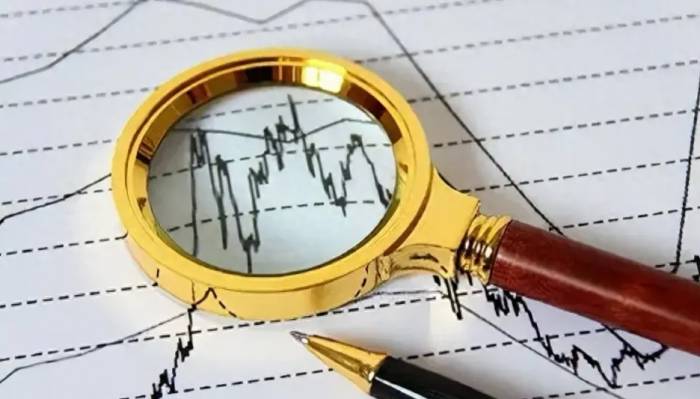

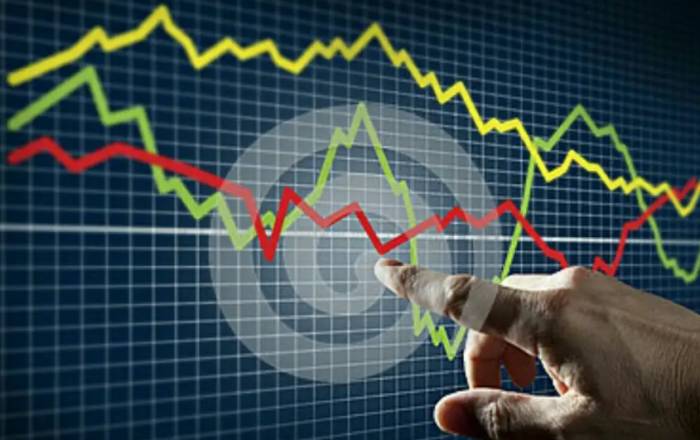

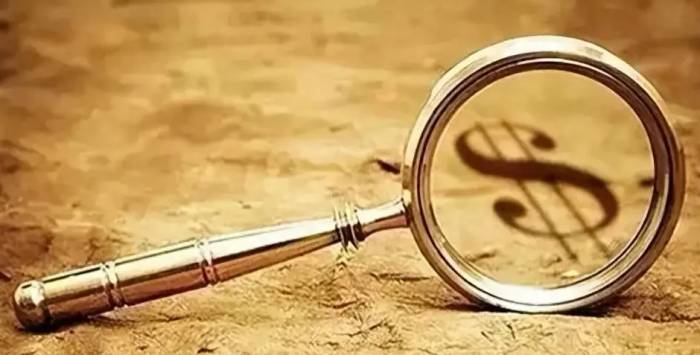
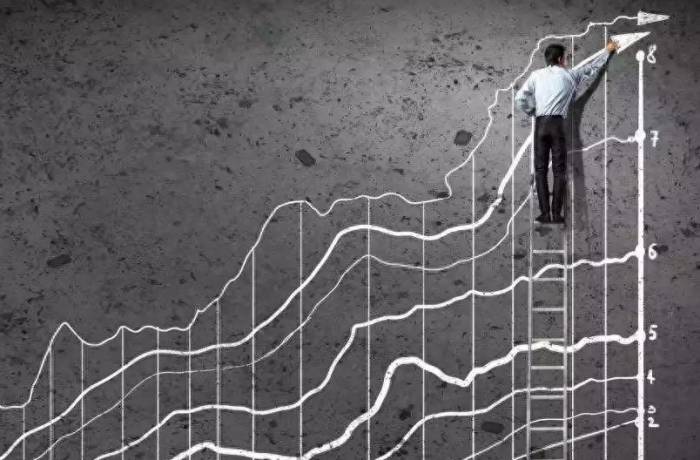
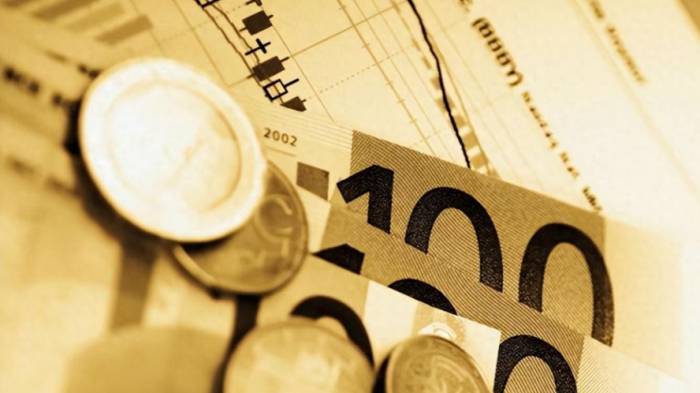



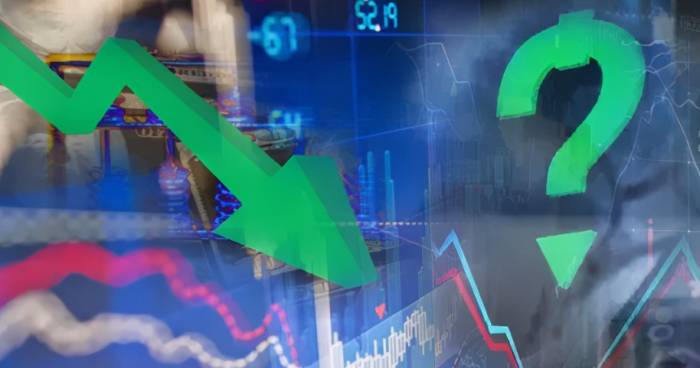



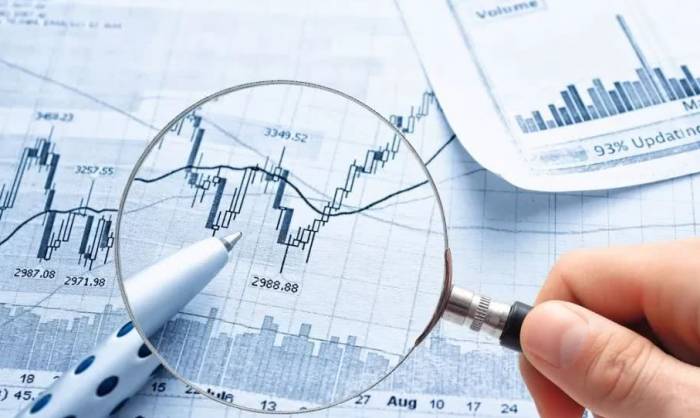
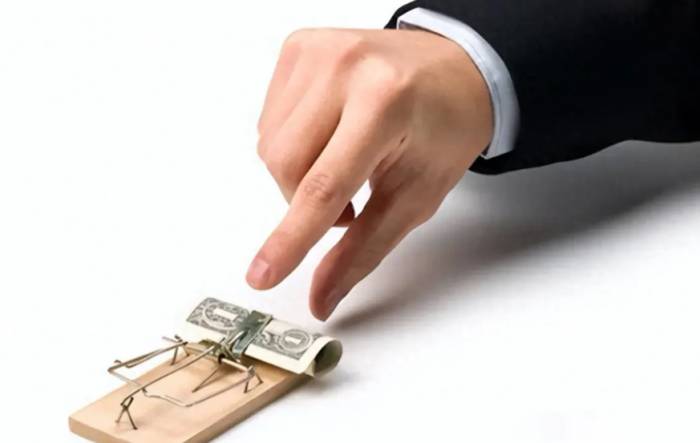

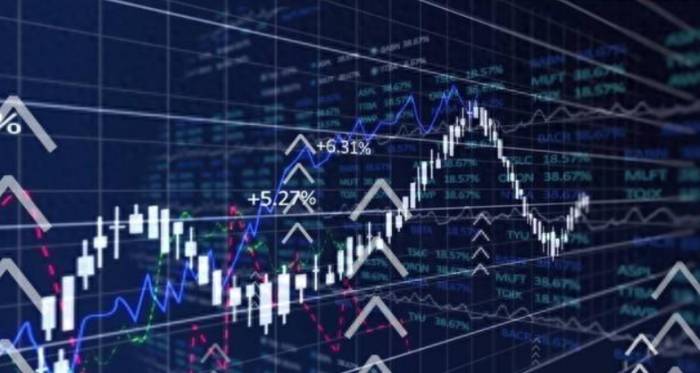



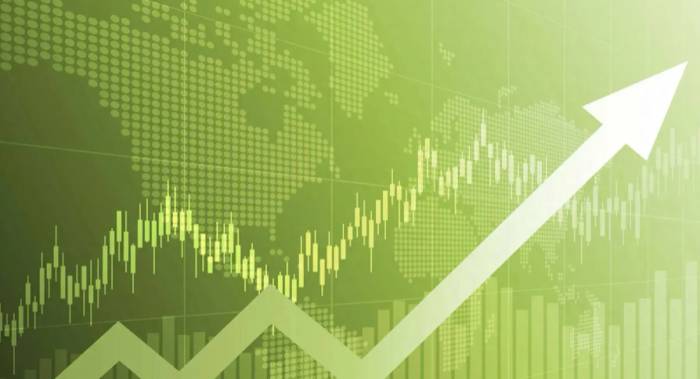




Discussion